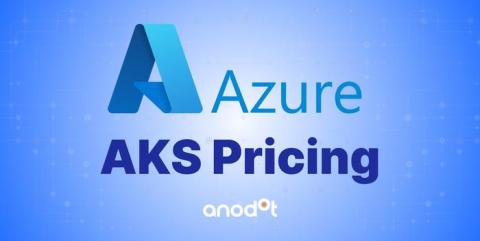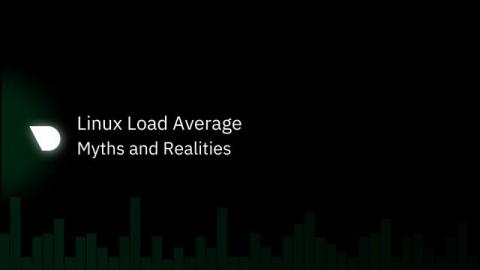LLM Monitoring and Observability
The demand for LLM is rapidly increasing—it’s estimated that there will be 750 million apps using LLMs by 2025. As a result, the need for LLM observability and monitoring tools is also rising. In this blog, we’ll dive into what LLM monitoring and observability are, why they’re both crucial and how we can track various metrics to ensure our model isn’t just working but thriving.











